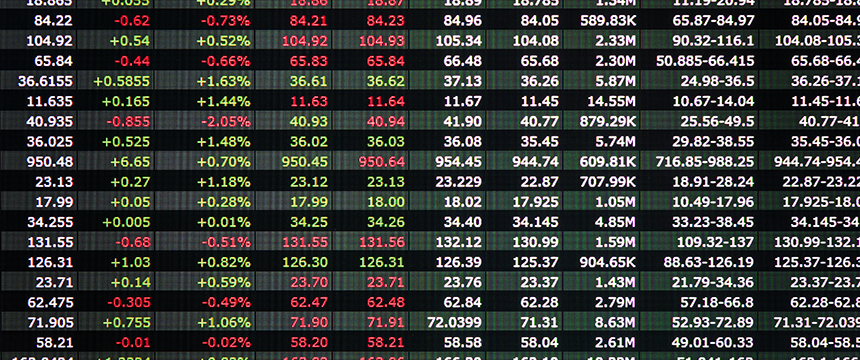
On October 15, 2020, the CFTC unanimously adopted amendments to Rule 3.10(c) that will be of assistance to foreign-located persons acting as commodity pool operators1 on behalf of offshore commodity pools.2 Rule 3.10(c) will be familiar to many non-U.S. CPOs as their current primary exemption from commodity pool operator registration. The amended rule will now allow foreign CPOs trading commodity interests in U.S. markets to claim exemption from CPO registration in reliance on new Rule 3.10(c)(5) on a pool-by-pool basis, even while relying on other exemptions or even being registered as a CPO with respect to other commodity pools.3 The CFTC also adopted a helpful safe harbor by which a non-U.S. CPO of an offshore pool may rely upon Rule 3.10(c), particularly in the context of inadvertent U.S. participants. The amendments will take effect 60 days after the CFTC’s adopting release is published in the Federal Register (which, as of the date of this post, has not happened yet).
Pool-by-Pool CPO Relief
Revised Rule 3.10(c) offers an exemption from CPO registration with respect to an offshore pool when all of the participants in the pool are foreign-located persons. The CFTC expressly provided in the adopting release, and in the rule amendments, that a foreign CPO may “stack” exemptions, claiming 3.10(c) exemptive relief for pools with no U.S. investors, and, for example, Rule 4.13(a)(3) relief with respect to de minimis use of commodity interests by pools with U.S. investors. We note that non-U.S. CPOs currently relying on Advisory 18-96 may want to consider delisting their pools.
Safe Harbor Relief: Inadvertent U.S. Investors
The CFTC further extended relief to foreign CPOs engaged in U.S. commodity interests markets on behalf of an offshore pool that may not be able to determine if all of the offshore pool investors are foreign-located persons or international financial institutions. To fall under this safe harbor:
- The prospectus or PPM and distribution agreements preclude U.S. ownership
- The constitutional documents prohibit U.S. investors and contain compulsory redemption provisions
- The offshore pool exclusively uses non-U.S. distributors
- The offshore pool uses reasonable due diligence at the time of sale to exclude U.S. investors, and
- The offering is directed and distributed to investors outside the U.S. so that the CPO has reasonably determined that participation by U.S. persons is unlikely
Seed Money from U.S. Affiliate
The CFTC also modified the terms of the current exemption to allow a controlling U.S. affiliate (i.e., a person controlling, controlled by or under common control with another person) of the non-U.S. CPO to contribute initial capital to an offshore pool without disqualifying the CPO from relying on the registration exemption in Rule 3.10(c), subject to certain conditions. Specifically, the U.S. controlling affiliate must be a legal person, must not be a “bad actor” (i.e., not barred or suspended from participating in U.S. commodity interests markets), and the U.S. controlling affiliate must not market its own securities as a way of accessing trading in commodity interests markets in the U.S.
————————————————————
1The amendments reorganize current Rule 3.10(c) to add definitions in paragraph (1) and separately set out exemptions available from FCM registration (paragraph (2)), IB registration (paragraph (3)), CTA registration (paragraph (4)) and CPO registration (paragraph (5)). The CFTC declined to take up industry requests to similarly expand relief from CTA registration for non-U.S. CTAs, although it did slightly expand the scope of the CTA registration exemption to allow CTAs located outside the U.S. to have clients that are “international financial institutions” (e.g., the International Monetary Fund). The CFTC found, consistent with U.S. administrative rulemaking requirements, that it could not adopt final rule changes to provide broader relief to non-U.S. CTAs in response to industry requests when its own public rule proposal did not propose or contemplate such changes.
2The term “pool,” as used in CFTC regulations, continues to look to legal persons (i.e., any investment trust, syndicate or similar form of enterprise operated for the purpose of trading commodity interests) and does not accommodate umbrella fund structures. The CFTC considered whether its rule-making should address series, sub-funds or segregated portfolios, but elected not to do so.
3New Rule 3.10(c)(5) registration relief is conditioned on proper clearing of covered transactions, which may be accomplished by use of a registered futures commission merchant.



